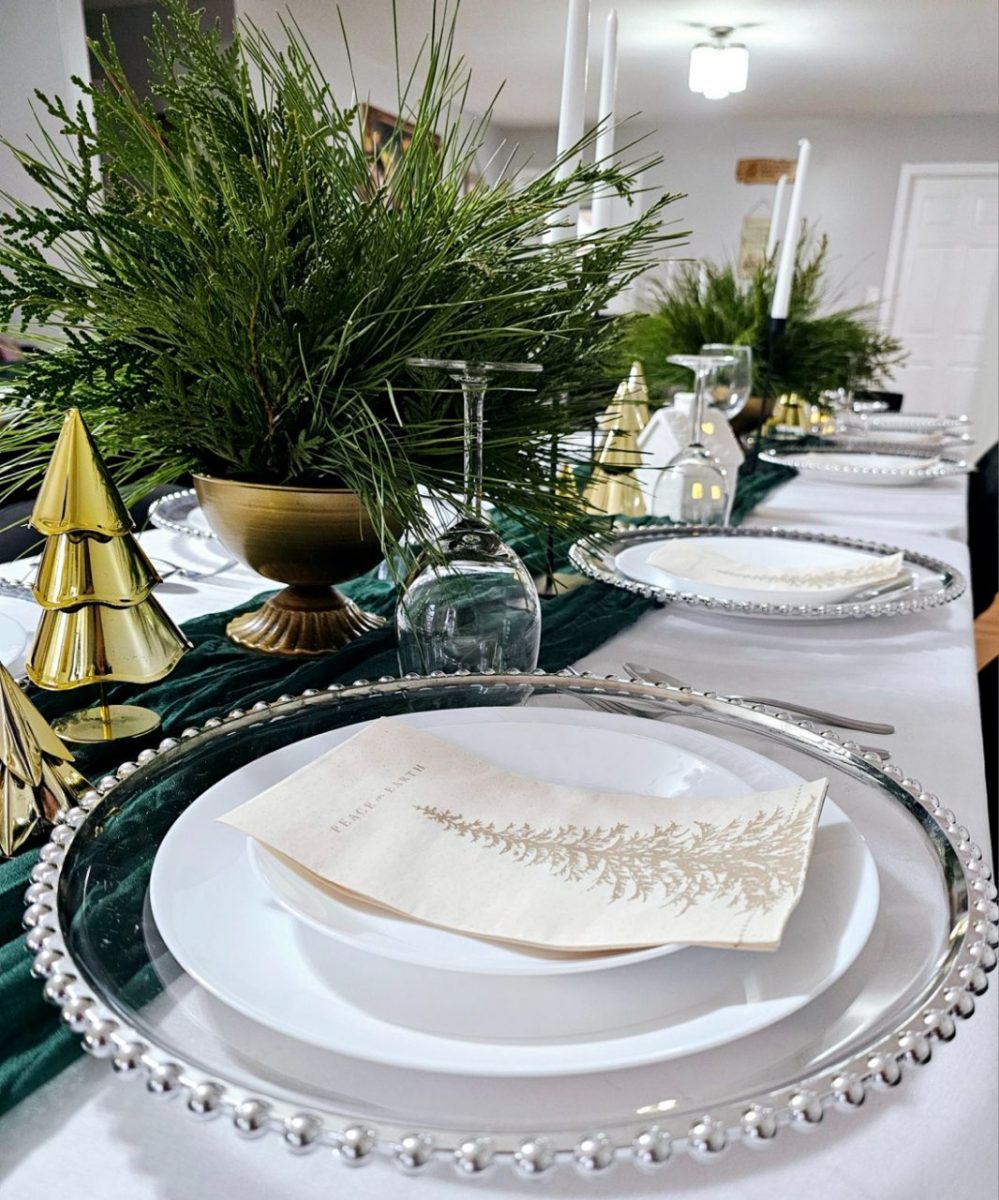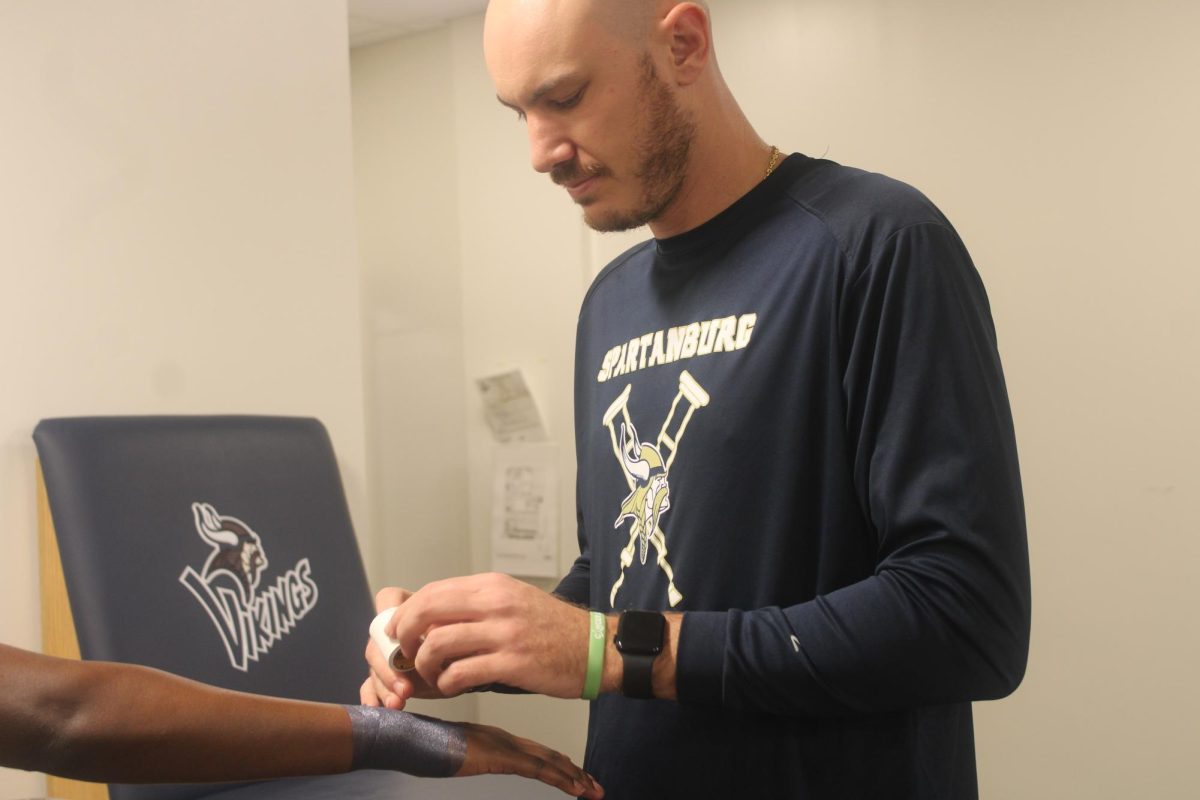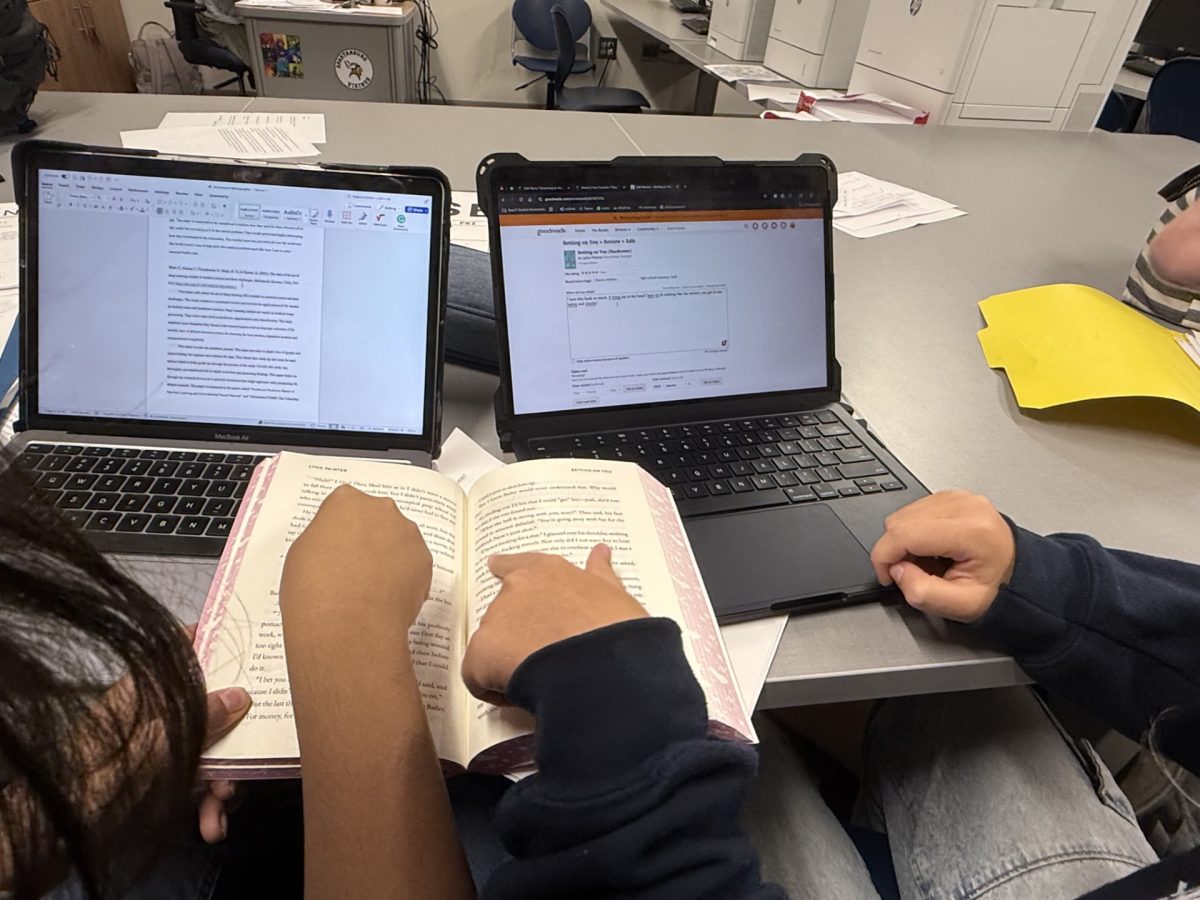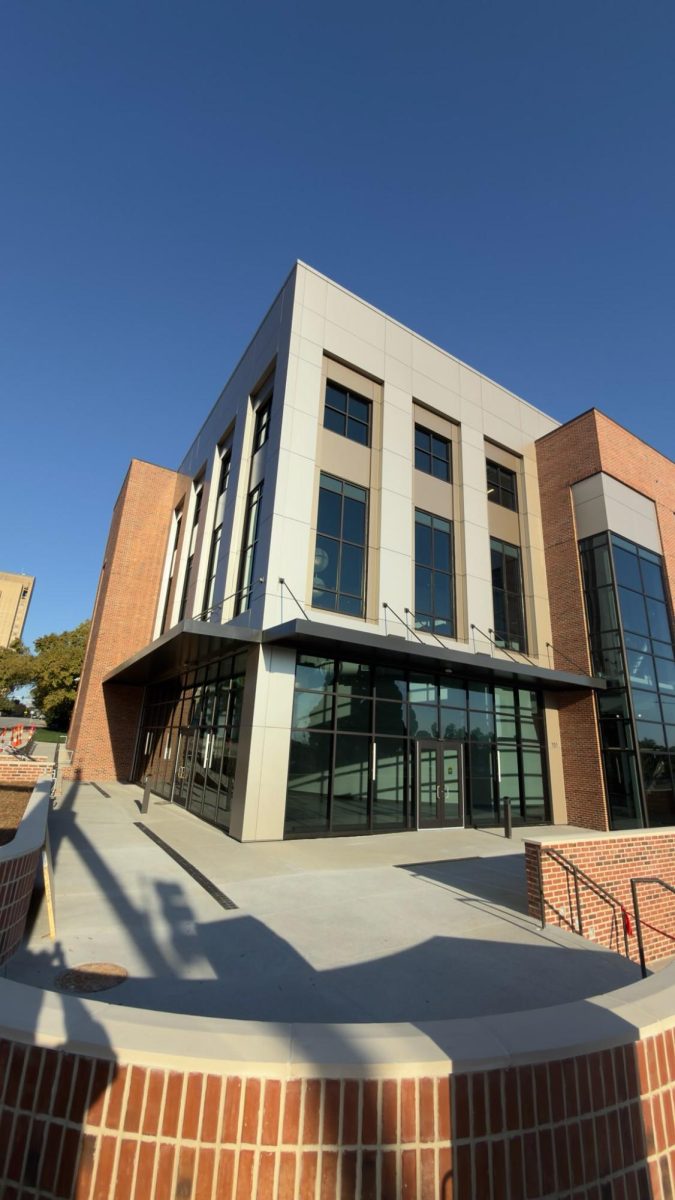Many people think of Thanksgiving and Christmas as the holiday season comes around. It is important to remember all the celebrations across different cultures and religions. These holiday months are a vibrant blend of traditions that highlight the diversity of our communities. From the gratitude of Thanksgiving to the lights of Hanukkah and the principles celebrated in Kwanzaa, each holiday offers a unique window into family and community values. These holidays provide opportunities to learn from one another and foster a deeper understanding of different cultures.
Thanksgiving is commonly the first holiday that comes to mind for many people. It is a day dedicated to family gatherings, where loved ones come together to share a meal and express gratitude for the blessings in their lives. The Thanksgiving table is typically filled with traditional dishes like turkey, stuffing, cranberry sauce and pumpkin pie. However, this gathering goes beyond the food; it is about connection. Families recount stories, share laughter, and create lasting memories, reconnecting the bonds that unite them. It is a time to reflect on what we are thankful for, and this spirit of gratitude can foster a deeper appreciation for one another.
Following Thanksgiving, the celebration of Christmas takes place in many homes. This holiday, observed on Dec. 25, is a religious and cultural event for millions. For Christians, it celebrates the birth of Jesus Christ. For others, it is a time for festive gatherings, gift-giving, and decorating homes with lights and ornaments. Some families attend church services, while others focus on secular celebrations. The warmth of Christmas is often felt through acts of kindness and generosity, reminding us to care for those in need during the holiday season.
James Billings (9) is looking forward to celebrating the holidays this year.
“I do know of all of these holidays. But I only celebrate Christmas and Thanksgiving. This does not mean that I do not appreciate the other holidays, “ Billings said.
Hanukkah, the Festival of Lights, is celebrated by Jewish families around the world. This eight-day celebration marks the miracle of the oil in the Second Temple, where a small amount of oil lasted for eight days. Families light the menorah, recite prayers, and enjoy delicious foods like latkes and sufganiyot, a jelly filled donut. For many, Hanukkah is a time to celebrate faith and family.
Joey Lesley (10) captures the essence of what many holidays represent like love, faith and unity.
“Hanukkah means celebrating my family’s beliefs, spending time with them, and coming together for God,” Lesley said.
Kwanzaa is another significant celebration during this time. Created by Dr. Maulana Karenga in 1966, Kwanzaa honors African heritage and culture. Observed from December 26 to January 1, each day of Kwanzaa focuses on one of seven principles, such as unity and self-determination. Families gather to light candles on a kinara and engage in activities that reflect these values. Kwanzaa encourages individuals to connect with their roots and strengthen community bonds, reminding us of the importance of togetherness during the holiday season.
Estella Tatu (11) knows about the holiday Kwanzaa and mentions the importance of the holiday to the community.
“Kwanzaa is important because it helps African Americans connect with their roots and brings the community together to celebrate their culture,” Tatu said.









